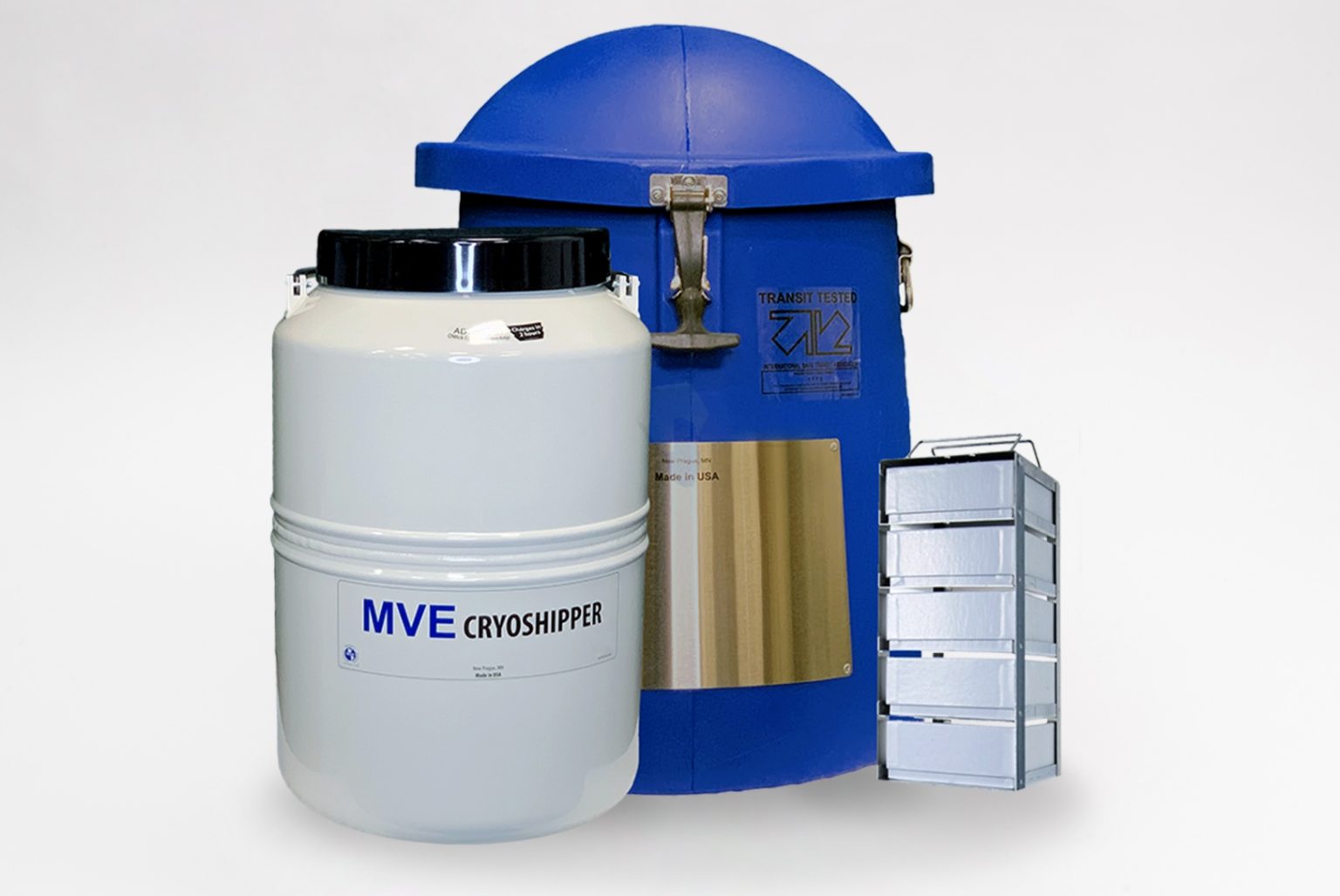Welcome to our interview with our Quality Manager and Head of Operations for GNN Group, Rebecca Krenn, MA. As a highly experienced logistics professional, Rebecca brings a wealth of knowledge and expertise to the table. With years of experience in quality control, risk management, and regulatory compliance in clinical trial logistics, she will provide valuable insights into the challenges and best practices for ensuring the safe and efficient handling of sensitive and time-critical materials. Join us as we dive into the world of clinical trial logistics and explore the critical role of quality management in ensuring the success of these important studies.
What do you do as Quality Manager and how does it play a role in risk reducing?
As a Quality Manager, my primary responsibility is to ensure that the products and services delivered by my organization meet or exceed customer expectations and regulatory requirements. I oversee the development and implementation of quality control processes, quality assurance procedures, and continuous improvement initiatives. One of my roles as Quality Manager is to identify and mitigate risks that could impact the quality of the products or services being delivered. This involves analyzing potential risks and developing strategies to prevent or minimize their impact. By implementing rigorous quality control measures and conducting thorough risk assessments, I am able to identify and address potential issues before they become problems.
In addition, as a Quality Manager, I am responsible for ensuring that all employees are trained in quality management systems and that they understand their roles and responsibilities in maintaining high quality standards. This helps to reduce the risk of errors or inconsistencies in the production or delivery process.
Are there other key players in risk mitigation process?
Yes, there are other key players in the risk mitigation process of clinical trial logistics. Clinical trial logistics involves the movement and handling of sensitive and time-critical materials, such as biological samples and investigational drugs, which requires careful planning and coordination to ensure their integrity and safety.
Some of the key players in the risk mitigation process of clinical trial logistics include clinical research associates, who are responsible for monitoring clinical trial sites and ensuring that study procedures are conducted in accordance with the protocol and regulatory requirements.
Very important are logistics coordinators responsible for managing the transportation, storage, and delivery of clinical trial materials. They must ensure that materials are shipped and received in a timely and secure manner, and to identify and reduce potential risks in the logistics process.
Data managers are responsible for managing and monitoring the data generated during the clinical trial. Their responsibility is to ensure that data is collected and managed in accordance with the protocol and regulatory requirements.
Regulatory affairs professionals are responsible for ensuring that the clinical trial is conducted in compliance with applicable laws and regulations. They work closely with logistics coordinators and data managers to identify potential risks and develop strategies to mitigate them, and to ensure that regulatory submissions are complete and accurate.
By working together, these key players can help to identify and mitigate potential risks in the clinical trial logistics process, ensuring that the study is conducted in a safe, efficient, and compliant manner. Collaboration and communication among these stakeholders are critical for successful risk mitigation.
What happens if customs paperwork is not completed properly?
If customs paperwork is not completed properly, it can lead to delays in the clearance of goods, additional costs, and even the seizure of the shipment by customs authorities. Customs paperwork is required for the import or export of goods, and it includes a variety of documents such as commercial invoices, bills of lading, and customs declarations.
If any of the required information is missing or inaccurate, customs officials may require additional documentation or clarification, which can lead to delays in the shipment. These delays can be costly, especially if the shipment contains time-sensitive or perishable goods. In addition, customs may impose fines or penalties for incomplete or inaccurate paperwork, which can result in additional costs for the importer or exporter.
How can GNN assist with risk mitigation efforts?
As a logistics company specializing in clinical trial logistics, our company can assist with risk mitigation efforts in a number of ways:
-
Expertise
Our team has extensive experience in the handling and transportation of sensitive and time-critical clinical trial materials, including biological samples and investigational drugs. We can provide guidance on best practices and regulatory requirements, and can help to identify and mitigate potential risks in the logistics process.
-
Quality Control
We have established quality control processes and procedures to ensure that clinical trial materials are handled and transported safely and efficiently. Our team is trained to identify potential issues and to take corrective action before they become problems, minimizing the risk of delays or damage to materials.
-
Logistics Planning
We can assist with logistics planning, including route planning, packaging design, and customs clearance. By working closely with study sponsors and investigators, we can develop a logistics plan that is tailored to the specific needs of the study, ensuring that materials are transported and stored in accordance with regulatory requirements.
-
Risk Management
We can help to identify and mitigate potential risks in the logistics process, including risks related to transportation, storage, and handling of materials. By implementing risk management strategies and monitoring the logistics process closely, we can help to ensure that the study is conducted in a safe and efficient manner.
-
Technology
We use state-of-the-art technology to track shipments and monitor the logistics process in real-time. This allows us to identify and address potential issues quickly, minimizing the risk of delays or damage to materials.
By working GNN Group, study sponsors and investigators can have confidence that the logistics process is being managed safely and efficiently, with risks identified and mitigated to the greatest extent possible. This can help to ensure that the study is conducted in compliance with regulatory requirements and that study timelines are met.
Share your knowledge




